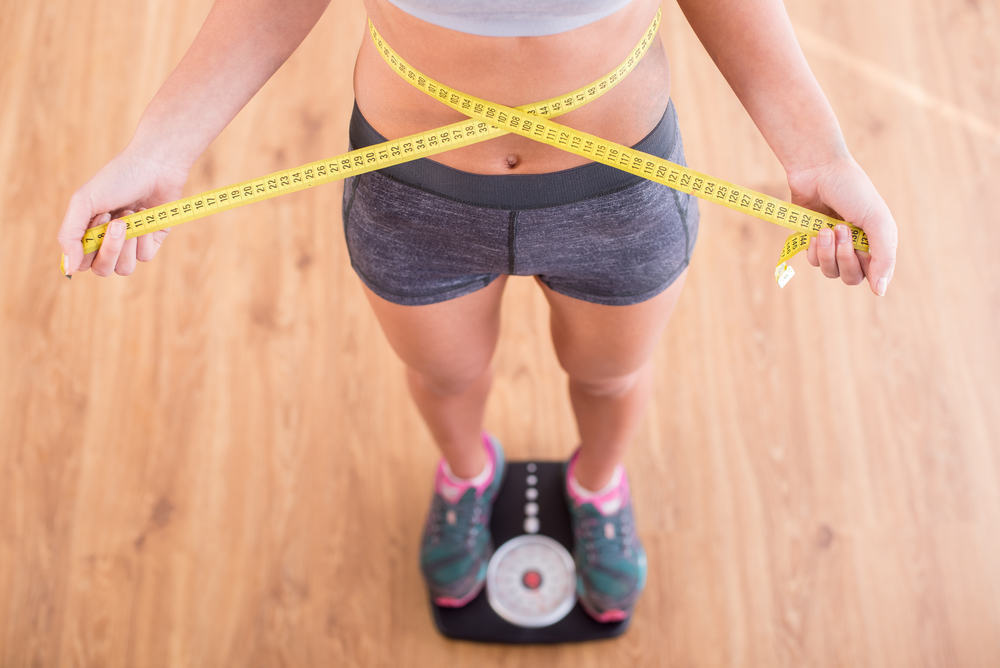Contents:
- Medical Video: DIET vs EXERCISE - The BEST For Losing Weight
- How can exercise lose weight?
- How can a diet lose weight?
- Why exercise can still fail to lose weight
- Why can a diet still fail to lose weight
- So, which is more effective? Sports or diet?
Medical Video: DIET vs EXERCISE - The BEST For Losing Weight
Various studies and nutritionists have been busy debating in recent years to find the best ways to control weight and obesity. Either exercising or adjusting your diet (diet) can lose weight, and both have the same challenges to go through, which regulate food metabolism and fight the desire to eat more. But both have different mechanisms and effects on the body.
How can exercise lose weight?
Being overweight is defined as excess fat storage in the body and not in proportion to height, as a result the body looks fat or is known as obesity. But keep in mind that body weight and body shape are also determined by the proportion of fat and muscle in the body. Both exercise and diet are known to affect the proportion of fat and muscle in the body.
By exercising, the body will burn fat and stimulate muscle growth, so that the body will have more muscle proportions. But the number on your weight scale will not be much different from before because fat has a mass smaller than muscle. As a result, by exercising there will be a decrease in fat mass, but followed by an increase in muscle mass. The effect will still be seen in a thinner body shape, because muscle takes up less space than fat.
How can a diet lose weight?
With a diet, aka regulate diet, the most important thing is to reduce daily calorie intake. If done consistently, the body will adjust the calorie needs with the energy produced from metabolism. As a result, with less calorie consumption, the body will store food reserves in less fat tissue, thereby facilitating weight loss.
Why exercise can still fail to lose weight
The body has its own mechanism to regulate energy needs by forming a layer of fat. Exercise and diet together will affect calorie metabolism and reduce fat tissue formation, but weight loss still takes time. In addition, there are other mechanisms that cause exercise and ineffective diets.
Exercising to lose weight is a very time-consuming method and its effect on weight loss is very easy to lose. This is because with regular exercise, the body will burn more calories and the body stores lower calories. With the habit of exercising, we tend to consume calories that have an excess amount of body needs, and this will very quickly cause the body to excess calories to be stored in the form of fat. As a result, body weight rises again without experiencing a steady decline. This shows that dietary restrictions are also important in addition to exercise, to lose weight.
Why can a diet still fail to lose weight
If you only choose to go on a diet to lose weight, you must maintain a level of calorie intake to remain stable, and this is done until the weight has decreased steadily. The more difficult challenge is increasing the hunger hormone (grehlin) during your diet, and decreasing the hormones that send signals to eat less (leptin). Decrease in leptin hormone will also inhibit the burning of calories, so that weight loss becomes more difficult and even takes a long time.
So, which is more effective? Sports or diet?
Compared to exercise, regulating a diet or diet is a faster way. This is because it is easier to reduce the body's calories by limiting daily calories, rather than having to burn calories by exercising. However, for some people, just reducing the pattern of eating consumption may take a long time, so managing your diet and getting exercise with it will be a more appropriate way.
Nutrition biochemist Shawn M. Talbott, PhD, as reported by Huffington Post, states that losing weight requires 75% to regulate diet (diet) and 25% exercise. He also argues that excessive exercise but eating patterns remain poor, will not result in significant weight loss.












